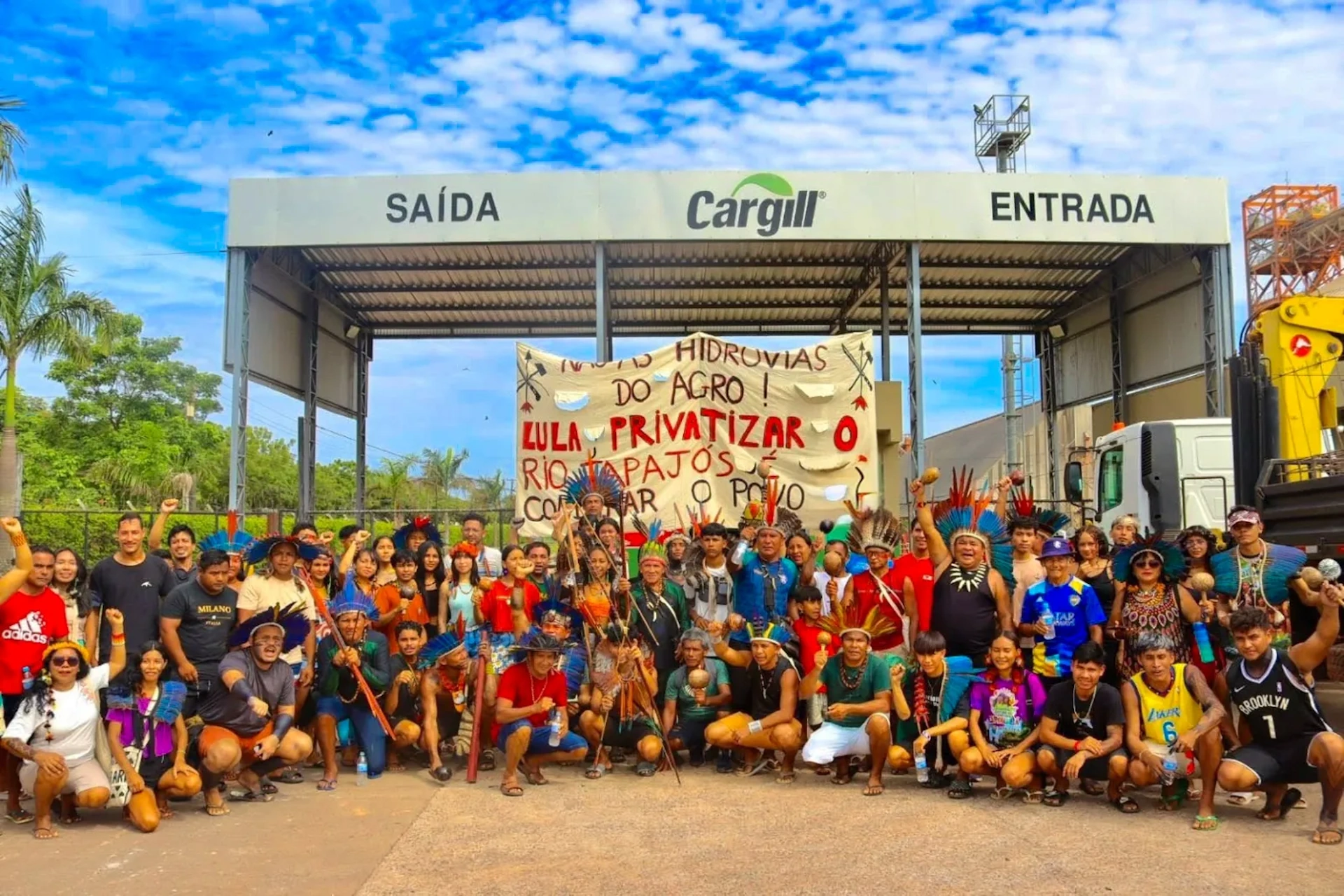“Solidãoriedade”. Director and writer Bebeto Abrantes finds the energy to cope with social distancing through a made-up word that represents the solitude of solidarity. It is also in experiencing solitude with solidarity that he finds the creativity that allows him to keep working during the COVID-19 pandemic.
Bebeto, because of his age and health limitations, had to reinvent his daily routine. He has been living in total isolation for more than 40 days in an apartment in Rio de Janeiro because he is considered to be in a high risk group according to the World Health Organization. He has two children, aged 16 and 20 years, who were staying with their mother during her period of the joint custody she shares with Bebeto, when the situation escalated in Brazil. To protect himself from a possible COVID-19 contamination, Bebeto ended up living alone.
In addition to exercising and teaching online classes for the International Cinema Academy, Bebeto had the idea to make a “process movie” about the rigorous quarantine that the new coronavirus has imposed on the residents of Rio. The expression “process movie” describes the trajectory of a documentary still in development.
Bebeto invited Cavi Borges to join the Me Cuidem-se! project. Borges is the owner of Rio’s largest independent film company, named Cavídeo, which has 66 feature length films and more than a hundred short films. “On Friday, 21 March 2020, I picked up the phone and called Cavi. That weekend we chose ten characters, following the criteria of gender, income and age diversity. We started receiving the materials three days later”, said the project director and writer.
In an interview with the United Nations Information Centre for Brazil (UNIC Rio), Bebeto said that the first part of the movie brought together people from the southern zone of Rio and also from the favela Santa Marta, Complexo da Maré and São Gonçalo. They showed how they were adapting to their new routines under social isolation. After choosing the cast, the only adjustment that had to be made was to record the material horizontally and immediately send it through a mobile app.
“It’s an urgent movie and we send everything to Wellington Anjos (for) editing. We will be surprised with the content but we need to receive the material quickly”, he explained.
Me Cuidem-se!‘s final result is still a surprise for everyone that took part in it. Bebeto said that the production model was innovative because a face-to-face meeting between the cast and the crew had not happened and would not happen. The two components of the project, which should result in a feature length film, have already been edited and are available on digital platforms. Some of the characters in the second film face financial difficulties as a consequence of isolation.
For Bebeto, the concept of audiovisual authorship ends up redefining itself in the movie, which is collaborative . “I am seeking to reinvent everything that I have learned by accepting contributions from everyone and by not following the usual creative process”, he explains. “Glauber Rocha (Brazilian filmmaker) used to say that the film’s assembly is very rational and extracts the rawness of the image. So that’s what I’m going to bring out, the rawness of the image”, he added.
The writer and director of the project will also become characters in the film. Estimating that the quarantine will last for two months and a half, the duo plans for a new short film to be available every 15 days, amounting a total of five short movies. The short movies will, then, be converted into a feature length movie.
Culture – The United Nations Educational, Scientific and Cultural Organization (UNESCO ) recognizes that the COVID-19 pandemic has led to the closure of historical heritage sites, museums, theaters and cinemas, which means that that artists and creative industries can no longer depend on financial support from them. In response to this , UNESCO has launched initiatives to support cultural industries and cultural heritage, such as a virtual exhibition of patrimonial properties and the #ShareCulture and “ShareOurHeritage digital campaigns.
“Now, more than ever, people need culture” said Ernesto Ottone R, Assistant Director-General for Culture in UNESCO. “Culture makes us resilient. It gives us hope. It reminds us that we are not alone”.
Watch below the completed Me Cuidem-se! short films:
Fonte
O post “Filmmakers in Rio de Janeiro cope with the pandemic by developing a new creative process” foi publicado em 23rd abril 2020 e pode ser visto originalmente diretamente na fonte ONU Brasil


